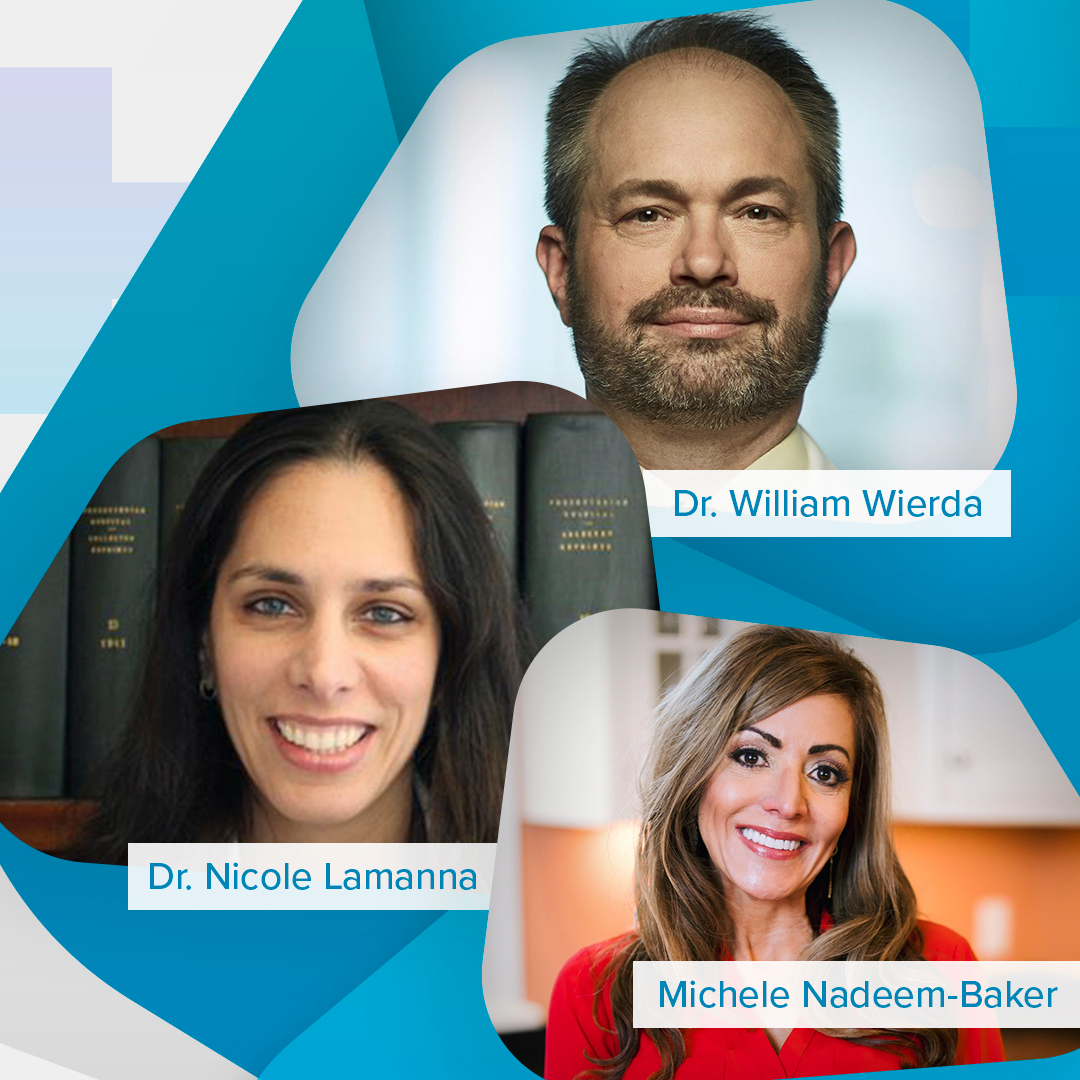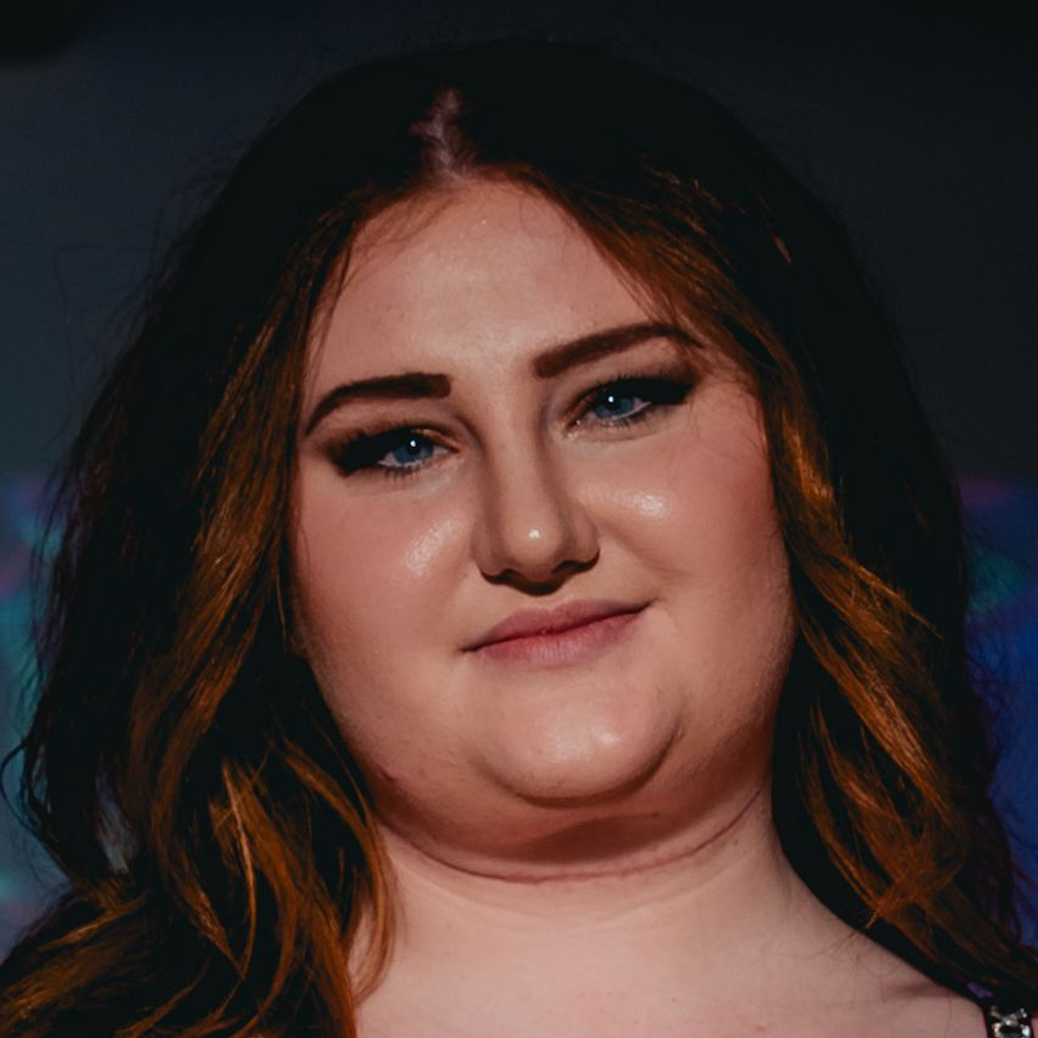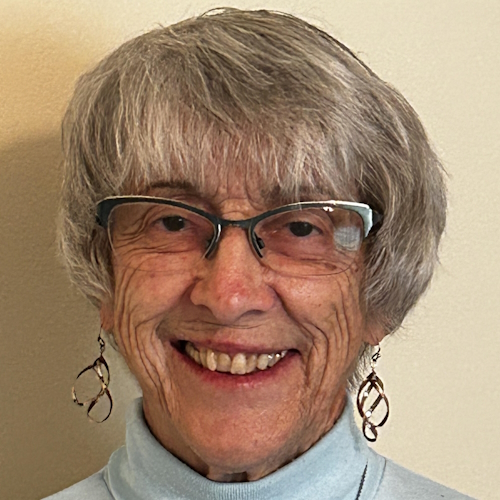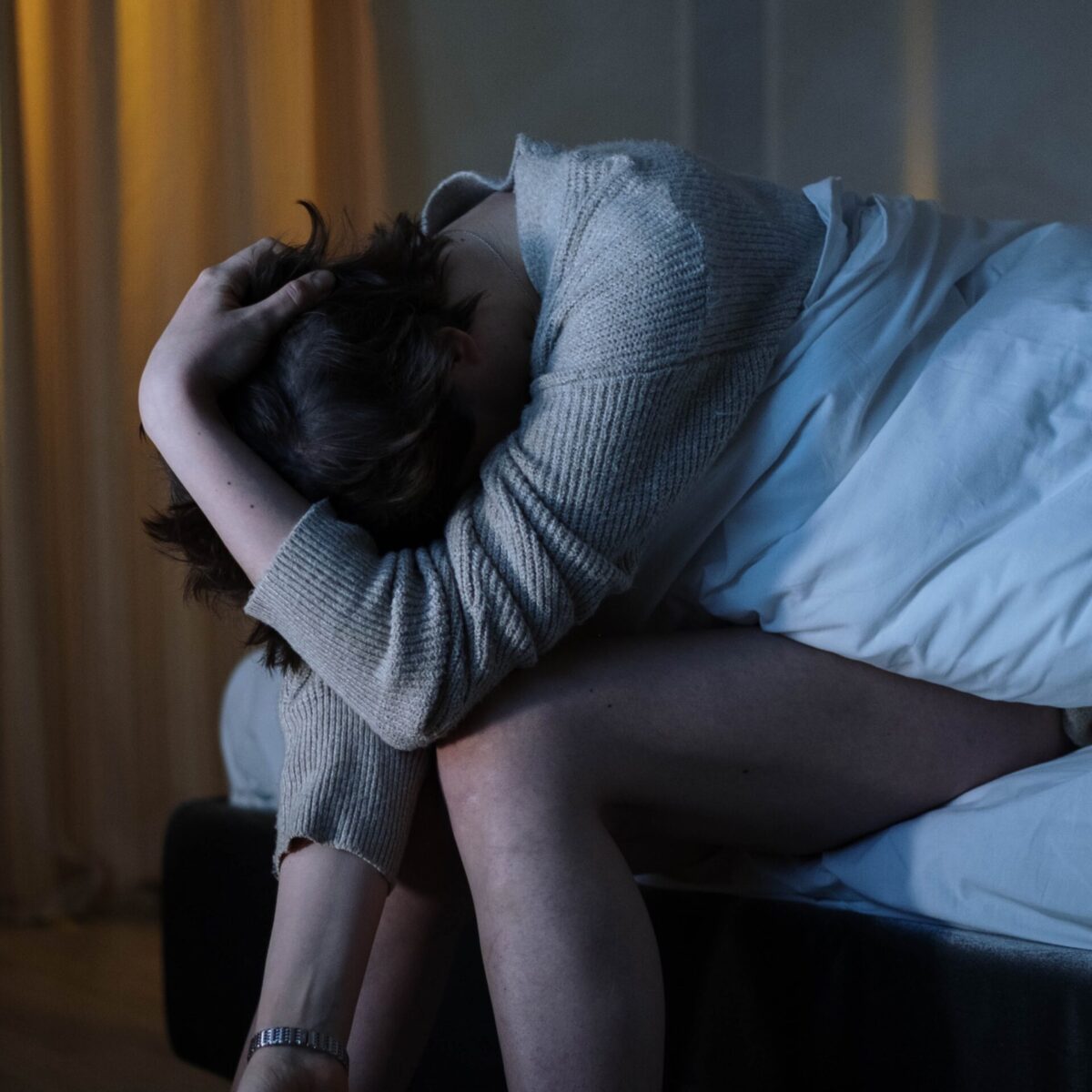CLL Treatment
What to Watch Out for in 2022
Featuring:
CLL Patient & Advocate Michele Nadeem-Baker
Dr. Nicole Lamanna, Columbia Univ. Medical Center
Dr. William Wierda, MD Anderson
There are so many exciting developments in chronic lymphocytic leukemia or CLL treatment. But there is so much to wade through, how do we know what’s right for us and what we should be asking our doctors?
CLL patient and advocate, Michele Nadeem-Baker, guides us through the most promising trends in CLL treatment, spotlighting the voices of top CLL specialists who cover everything from new oral combinations to new drugs (pirtobrutinib) and so much more.
Introduction to CLL Treatment
Michelle Nadeem-Baker: I’m Michele Nadeem-Baker, your Chronic Lymphocytic Leukemia Reporter for The Patient Story and a CLL Patient. There is so much happening in terms of new treatment research for us! There are more choices than ever for when it’s time to be treated and more in the pipeline. But how do you know what they are, how they’re different and which is best for you?
Our program will help new and not so new CLL patients learn today’s treatment landscape and the hottest drug trials from two leading CLL Specialists, Dr. Bill Wierda at MD Anderson in Houston and Dr. Nicole Lamanna at Columbia University Medical.
First, many patients think they need to start on chemotherapy. This is old school thinking.
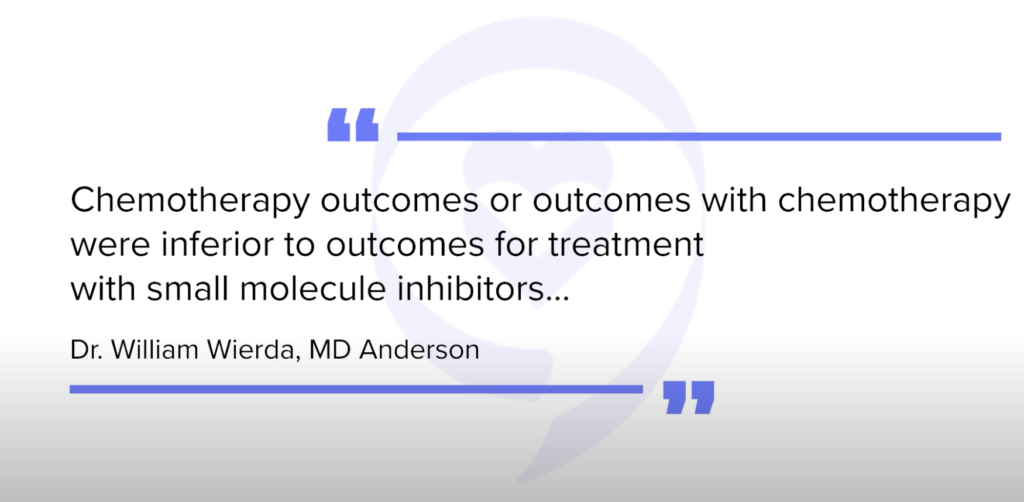
Small molecular inhibitors > chemotherapy and chemoimmunotherapy
William Wierda, MD, Ph.D:: The targeted therapies BTKi, BCL-2 are superior to chemo and chemoimmunotherapy, so I don’t like to think about, or talk about, or plan for chemoimmunotherapy any longer because I think it’s inferior treatment for our patients and much more aligned with giving small molecule inhibitor based therapy.
I think for patients and moving that discussion a little bit further, what patients need to think about and have a discussion with their physician about is:
- Do I want fixed duration or finite duration treatment?
- Do I want to get in remission and get off treatment and have a reasonable period of time to expect off treatment in remission?
- Or do I want to go on a maintenance and have medication that I take every day that is extremely effective at controlling the disease? But I continue on it and there are side effects associated with all treatments, including the continuous treatment.
Chemotherapy outcomes or outcomes with chemotherapy were inferior to outcomes for treatment with small molecule inhibitors, whether we’re talking about venetoclax-based therapy or BCL-2 inhibitor based therapy, or we’re talking about BTK-inhibitor based therapy or drugs.
Small molecule inhibitors
BCL-2 inhibitors
William Wierda, MD, Ph.D:: The small molecule inhibitors that we have are oral agents, and there are two category, three categories right now that we have of drugs that fall into the small molecule inhibitor category:
BCL2 inhibitors, we have one. There are several that are in clinical trial. The one that we have is called venetoclax. Very potent at eliminating disease, very potent at getting deep remissions. It’s the type of treatment that we give with the expectation of giving it for a set period of time and then stopping treatment once patients are in remission.
BTK inhibitors
William Wierda, MD, Ph.D:: The next category is BTK inhibitors. Those have been around longer than BCL-2 inhibitors. Examples of this drug that we currently have available are acalabrutinib and ibrutinib.
Ibrutinib has the most experience associated with it, and we have the most data and most patients treated so far on clinical trials with Ibrutinib. Acalabrutinib, though, is approved.
Zanubrutinib is not yet approved, but perhaps will be in the next within the next year probably. Those are drugs that are extremely effective at controlling the disease, but not as effective as, for example,
Venetoclax is in terms of getting the amount of disease down to the point where we’re comfortable with stopping treatment. So the best response, the lowest level of disease is usually still measurable with the BTK inhibitors like Ibrutinib or Acalabrutinib. So patients go on those medicines and they stay on them until they don’t work any longer. It’s more of a maintenance type treatment.
PI3K inhibitors
William Wierda, MD, Ph.D:: Third category of drugs are the P-I-3-Kinase-inhibitors. There’s two that we have currently available. One is called idelalisib. The other is called duvelisib. Those have a bit more side effects and toxicities associated with them, particularly Idelalisib and are used less frequently these days.
Ibrutinib and the BTK-inhibitors and the venetoclax or BCL-two inhibitors, are extremely effective and give very good and durable disease control. You can switch between those two if you develop resistance. So if you develop resistance to venetoclax, for example, you can switch to the BTK-inhibitors, one of the BTK-inhibitors, and expect a response and vice versa.
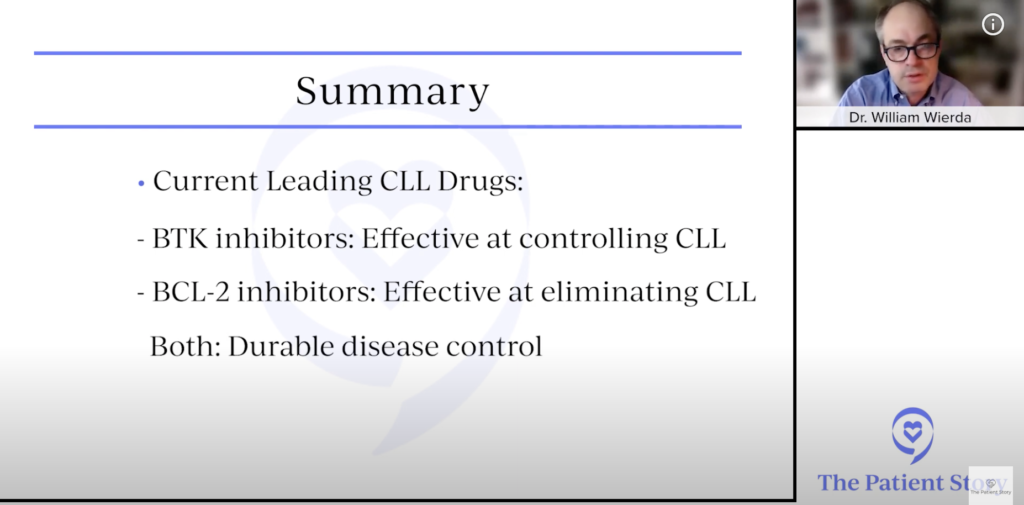
New BTKis
Michelle Nadeem-Baker: There’s another generation and category of BTKis – a new type – reversible and non-covalent. One of them in trial and getting much attention is pirtobrutinib. Until this trial, patients, and this includes me currently on one, hadn’t known about these BTKi differentiators – reversible and irreversible and non-covalent and covalent.
Pirtobrutinib is looking very promising.
William Wierda, MD, Ph.D
Pirtobrutinib
William Wierda, MD, Ph.D: So there’s a lot of things happening in CLL. There are a lot of new and exciting drugs that we’re studying that are in early development. There’s a drug called pirtobrutinib, which is a reversible inhibitor of BTK, which you would consider giving in a patient who has developed resistance to one of the irreversible inhibitors, such as ibrutinib, zanubrutinib or acalabrutinib.
Pirtobrutinib is looking very promising. It’s active in patients who are resistant to irreversible inhibitors, and those remissions are lasting a reasonable amount of time. It also is working in patients who are resistant to ibrutinib and venetoclax. So we’re excited about that.
Nicole Lamanna, MD: There are reversible and irreversible inhibitors. And so what’s different about pirtobrutinib or these non-covalent BTK inhibitors is that what we started to notice is that as patients who were on the covalent BTK inhibitors, such as ibrutinib or acalabrutinib, that there is no doubt that over time, some patients can develop resistant mutations to this class.
We can actually test for that in the lab so we can send somebody’s blood or their bone marrow sample and see that they might have, they might be starting to develop some resistance to the drug that they’re on, and we’ve identified some of these mutations.
Looking at pirtobrutinib, that certainly is a drug that might be able to reverse or overcome the resistant mutation that patients have developed on the other BTK inhibitors. And that may be useful to have another medicine. We know Venetoclax works for these individuals, but having yet another BTK inhibitor that works slightly differently may also be helpful.
Combination therapies
Acalabrutinib + ibrutinib + obinutuzumab (AVO)
Michele Nadeem-Baker: Combination therapies – means giving 2 or more treatments concurrently. Combining for treatment isn’t new – FCR, the former CLL go to treatment, was 3 drugs given all together: 2 chemotherapies: fludarabine and cyclophosphamide plus monoclonal antibody rituxan (rituximab).
Today, many CLL clinical trials are testing various drug combinations of individually approved drugs, such as acalabrutinib plus venetoclax plus obinutuzumab, AVO.
All eyes are on this important triplet trial as it could lead to more combination trials being approved. It’s currently in a trial and if approved, doctors say it will be “practice changing.”
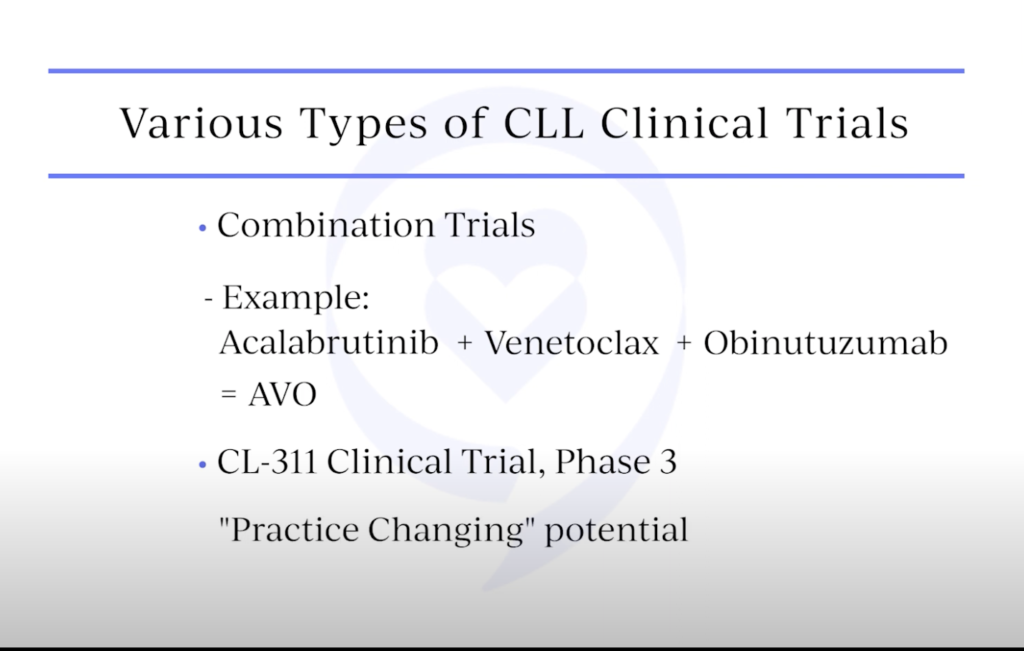
Ibrutinib + venetoclax VS. chlorambucil + obinutuzumab
CLL trials are also comparing drug combinations with other drug combinations. A highly anticipated trial pitted ibrutinib plus venetoclax against chlorambucil plus obinutuzumab.
Ibrutinib plus venetoclax has better results giving a nice durable remission with the possibility of going treatment free for a while.
Nicole Lamanna, MD: So then can we take two orals – a BTK inhibitor and BCL-2 inhibitor and then do more of what they call a time limited approach, right? So then taking both of these oral agents for a period of time and then stopping, so, then they would be not, that you wouldn’t then be taking the BTK inhibitor chronically indefinitely. And so there were many trials producing very exciting results. The responses are very good with the oral-oral combinations, but we need longer follow up.
The role of venetoclax in combinations
Michele Nadeem-Baker: Both of these trials include venetoclax and many other trials using it are having great results.
William Wierda, MD, Ph.D: Right now, we’re seeing good responses for all patients independent of their risk features. If they have an unmutated immunoglobulin gene, their response is similar. If they have a 17p deletion, their response is similar to the non 17p. The challenge for the high risk is showing that they remain in remission and that their disease doesn’t come back and grow.
If we’re talking about achieving an undetectable-MRD state, venetoclax-based therapy is what we need to give to do that. Whether it’s the standard treatment which is venetoclax plus obinutuzumab, which is a CD20 antibody or a newer combination venetoclax plus ibrutinib, venetoclax plus acalabrutinib – those combinations, all of which include venetoclax, are intended to get into a deep remission, undetectable MRD and time off treatment.
Other CLL treatments
Michele Nadeem-Baker: And there are other types of treatments being studied for CLL patients.
Nicole Lamanna, MD: There are definitely some bispecific monoclonal antibodies that are also being looked at that also target the CLL cells. And so they’re early in development. And so that’s something that we’re going to see. Stay tuned.
CAR T Cell Therapy
And of course, many of us have also always talked about CAR T-cell therapy. So looking at different forms of immunotherapy to try to target the CLL cells in a different way. Manipulating the cells to then stay stimulated so that they attack your CLL cells. And so certainly there’s longer follow up on the CAR T-cell data as well.
Dr. William Wierda, MD, Ph.D: CAR T is an exciting topic. It’s an area that I’ve been involved in in development, and we will hear more about CAR T.
I have had many patients who have been treated with CAR T and who were resistant to standard treatments, who have had very durable remissions and who are doing very well. So for me, that holds a lot of promise for our patients.
Having multiple choices and having these conversations with your physician and team is great because there’s more than one option that is really good therapy for your disease
Nicole Lamanna, MD
Can treatments prevent relapse?
Michele Nadeem-Baker: Are there any treatments that can keep you from Relapsing?
Nicole Lamanna, MD: We know that patients can relapse even after these more aggressive therapies like CAR-T and allogeneic stem cell transplant. I think that it’s appropriate those conversations about where you are in your journey and your therapy and what you might need in the future are really good conversations to have with your physician team, for sure.
Having multiple choices and having these conversations with your physician and team is great because there’s more than one option that is really good therapy for your disease, which is very hopeful and great that you can. I think that the field has come a long way. Stay tuned. We’re doing a lot more, but there’s lots of lots of good things to look forward to.
Are we close to a cure?
Michele Nadeem-Baker: With so much research, are we close to a cure?
William Wierda, MD, Ph.D: In order for a patient to be cured, meaning no more leukemia period ever to be seen, they have to be undetectable MRD, whether that’s at the end of treatment or it’s three years or five years later.
I’m optimistic that we are curing some patients currently with our non-chemo treatment. Certainly, we know patients are being cured with chemo options. The problem is that chemo has side effects and toxicities associated with it, and we have exceptionally good treatments now with small molecule inhibitors to the point where I think despite the fact that we are able to cure some patients with with chemo, it doesn’t justify giving every patient who potentially could be cured the chemo because it’s only about half of those patients.
Nicole Lamanna, MD: I think that we’re going to need a lot more long term follow up to show that something is potentially curative in CLL. So stay tuned because some of this combination data, I think in some subgroups might render somebody with undetectable MRD for a really, really long time and albeit perhaps even cured.
But I never use that word. I use that word very cautiously. But I think that therapies have gotten so great that there’s no doubt a potential for some individuals. I think that we’re getting to a very good point, but we still have a lot of work to do.
Clinical trials
Michele Nadeem-Baker: Clinical trials are a great way to get tomorrow’s treatment today. If you’re interested in finding out more, ask your CLL team if they have any open trials or any in the future that would be a good match for you and for more trial information checkout clinicaltrials.gov
William Wierda, MD, Ph.D: I think clinical trials are important. They’re the only way that we’re going to make progress in the disease. They’re the only way we’ve made progress in treating the disease, and they’re very, very important.
Conclusion
I’m driven to share it to help you better advocate for yourself and to gain hope.
Michele Nadeem-Baker: Promising ongoing research continues producing more treatments for CLL patients with more on the way.
In the near term be on the lookout for news on potential FDA Approvals for:
- Zanabrutinib (BTKi)
- Ibrutinib and Venetoclax in combination
- Importance – “could be practice changing – could lead to more combination approvals
- Acalabrutinib + Venetoclax + Obinutuzumab (AVO) Clinical Trial
- More Combination Treatments
- Keep an eye on updates for pirtobrutinib and others in this new class of BTK inhibitors, as well as CAR T-cell therapy and the latest generations of BCL-2 drugs like venetoclax, and so much more.
As a CLL patient, seeing so much ongoing research and drug discoveries gives me so much hope! And I’m driven to share it to help you better advocate for yourself and to gain hope.
For The Patient Story, I’m Michele Nadeem-Baker.
CLL Patient Stories
Serena V., Chronic Lymphocytic Leukemia (CLL)
Symptoms: Night sweats, extreme fatigue, severe leg cramps, ovarian cramps, appearance of knots on body, hormonal acne
Treatment: Surgery (lymphadenectomy)
Margie H., Chronic Lymphocytic Leukemia
Symptoms: Large lymph node in her neck, fatigue as the disease progressed
Treatment: Targeted therapy
Nicole B., Chronic Lymphocytic Leukemia
Symptoms: Extreme fatigue, night sweats, lumps on neck, rash, shortness of breath
Treatments: BCL-2 inhibitor, monoclonal antibody
Symptoms of CLL
Learn about how some of the common CLL symptoms first present themselves from patients who have been diagnosed with CLL.
